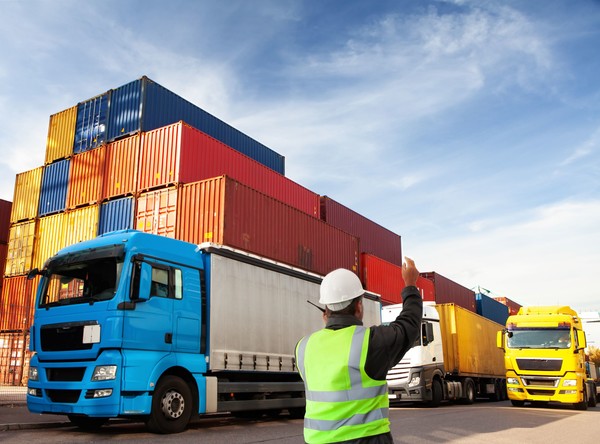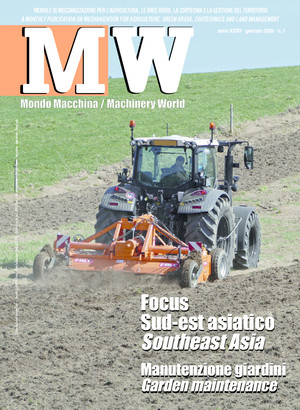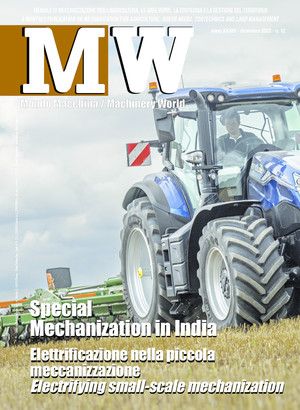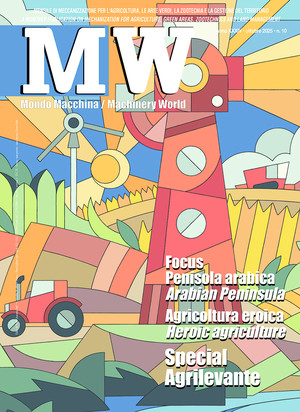
Access to foreign markets: AEO certification
The Authorized Economic Operator is a certification that attests to the reliability of the company operating in foreign markets. Quality requirements and compliance with Customs, legal and financial regulations facilitate procedures and give the company a competitive advantage over competitors who do not have the same certificate
The growing internationalisation of the economy has involved the market in which companies operate, which is no longer limited to national or European territory, but is increasingly projected across borders. For companies with an international vocation, it has become essential to carry out Customs planning, to have a precise knowledge of the rules governing foreign trade and to improve the control and efficiency of the supply chain.
Knowing the rules of origin in order to secure the zero duty provided for in the numerous free trade agreements, simplifying Customs procedures and optimising the time and cost of Customs operations promotes the development of international trade.
The provision of favourable conditions for import and export operations therefore becomes a growth driver for individual companies wishing to access new markets.
The AEO (Authorized Economic Operator) authorization is an international certification that allows considerable simplifications for companies. The certificate attests to the legal, Customs and financial reliability of the company, distinguishing it positively from other economic operators. It is an international quality mark, which certifies the competence and high level of professionalism of the authorized parties in dealings with foreign partners.
This status, governed by Articles 38 et seq. of the Union Customs Code (UCC), consists of two different types of authorization: the first, relating to the sector of Customs simplifications, allows to obtain the benefits provided for Customs procedures (AEOC), while the second, on the other hand, gives many facilitations in the field of security checks (AEOS). Operators can cumulate the two authorizations, so as to benefit simultaneously from the advantages relating to Customs simplifications and facilitations in the field of security checks (AEOF, authorized economic operator - full).
While some benefits arise expressly from the legal scheme applicable once the authorization has been obtained (so-called direct benefits), there are a number of further benefits, whose effects are attributable to the operational and commercial environment of the company (so-called indirect benefits).
As regards the first aspect, authorized traders enjoy favourable treatment in Customs, as they are subject to fewer checks on the declarations made.
The AEO authorization also guarantees more immediate access to the many simplifications provided for by the Code (e.g. simplified declaration, exemption from the obligation to present goods to Customs, etc.) and a significant reduction in financial burdens (e.g. those related to the issue of a guarantee).
Another important facilitation concerns a lower incidence of controls, which does not slow down the flow of goods and the contractual delivery times. In the event that Customs carry out checks on the goods of an AEO party, the Office must provide prior notice to the operator, so that the latter is aware of the checks that will be carried out on its products, even before their arrival in the Union’s Customs territory. Moreover, the checks are carried out with priority on the products of authorized persons, who can thus clear Customs more quickly (Article 24 par. 4 of the Delegated Regulation (EU) no. 2446 of 28 July 2015). This is an important facilitation, which speeds up the movement of goods on the EU territory and makes it possible to avoid slowdowns in the business logistics chain.
AEO status is valid in each member country of the European Union and does not expire. The authorized party, therefore, can benefit from the advantages deriving from certification when carrying out commercial activities within the EU borders. Moreover, in the presence of reciprocity conditions with third countries, the so-called mutual recognition of the authorized economic operator status is possible (Art. 38, par. 7, of the UCC).
Of particular and growing interest for companies wishing to improve their export performance is the recognition of benefits and certification in countries with which the European Union has concluded mutual recognition agreements, such as the United Kingdom, Japan, the United States, Norway, Switzerland and China. In these countries, AEO companies can benefit from the Customs advantages provided by the AEO programme, also in terms of reduced incidence of controls.
Companies wishing to acquire AEO status must meet certain competence standards and have one or more staff members who have successfully completed a qualifying course.
September 2021 will see the start of the second edition of the "Course for the attainment of the professional qualification of AEO company Customs officer", organised by Assocad and AR.com and accredited by the Customs and Monopolies Agency. The course is aimed at entrepreneurs, executives, managers, Customs and export managers, as well as accountants, lawyers and recent graduates who wish to acquire skills in a vital sector for the Italian economy.
Participation in the course and passing the final examination confer the professional qualification of "Head of Customs Matters", which is indispensable for obtaining or maintaining the certification of authorized economic operator.
FederUnacoma member companies are entitled to special, dedicated discounts; the course may also benefit from contributions provided by Fondimpresa and other support bodies for company training.
For information www.arcomsrl.it or formazione@arcomsrl.it








